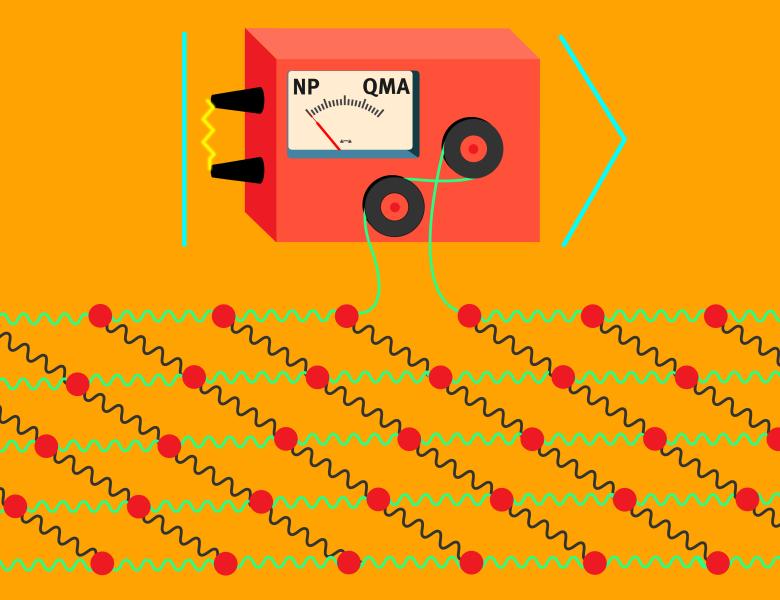Image

By exploiting the link between time-independent Hamiltonians and thermalisation, heuristic predictions on the performance of continuous-time quantum walks for MAX-CUT are made. The resulting predictions depend on the number of triangles in the underlying MAX-CUT graph. We extend these results to the time-dependent setting with multi-stage quantum walks and Floquet systems. The approach followed here provides a novel way of understanding the role of unitary dynamics in tackling combinatorial optimisation problems with continuous-time quantum algorithms.
Reference: Quantum 8, 1254 (2024)